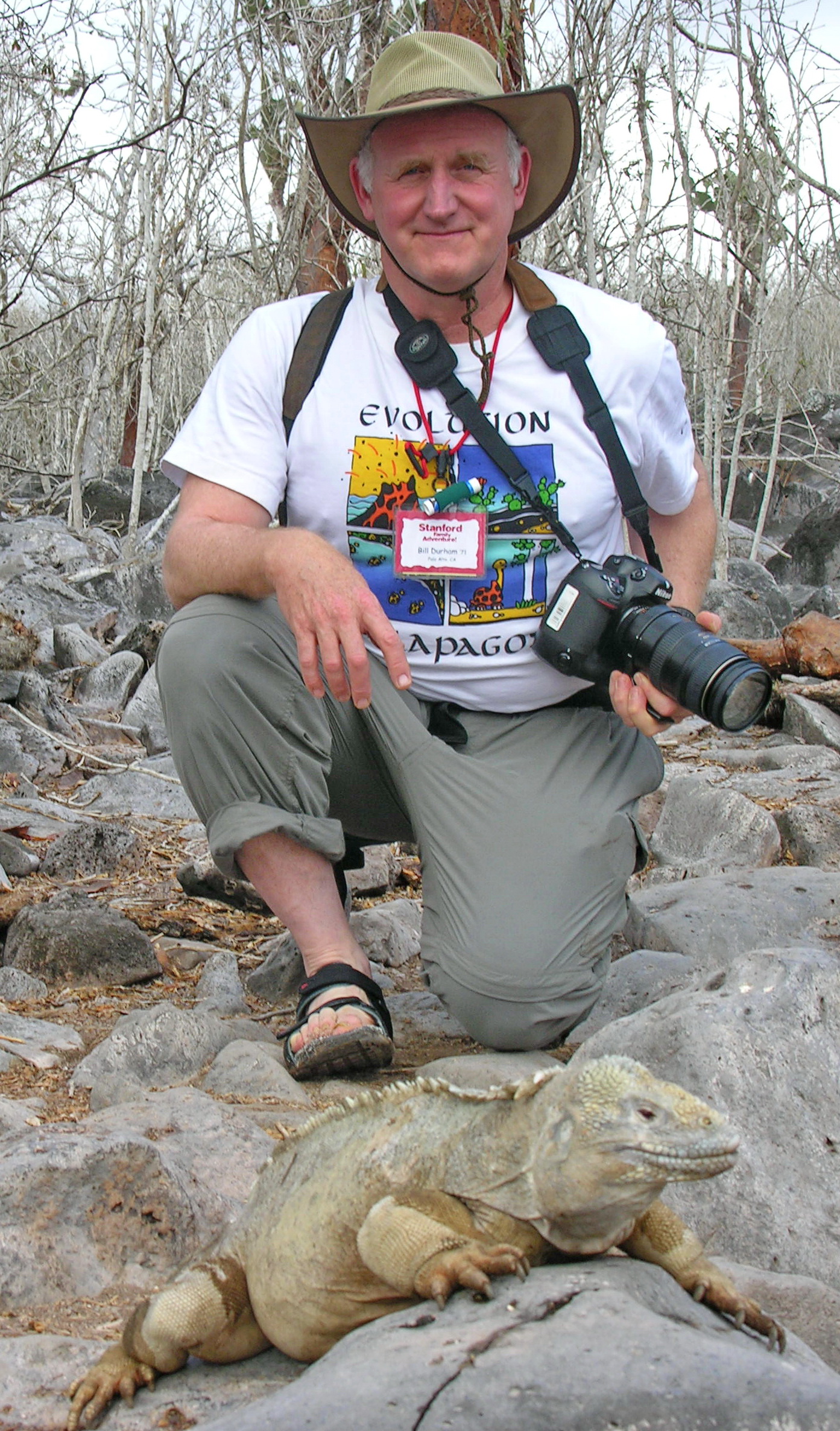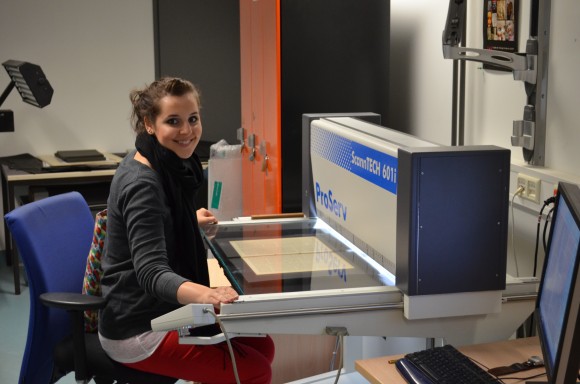Penn State graduate students Lucy Harbor, Megan McDonie and Janet Purdy have been recognized with the 2017 Whiting Indigenous Knowledge Research Award to help fund their research pursuits. The award, now in its sixth year, is open to all full-time Penn State undergraduate and graduate students, and is funded by the Marjorie Grant Whiting Endowment for the Advancement of Indigenous Knowledge, and supported by Penn State’s University Libraries and the Interinstitutional Center for Indigenous Knowledge (ICIK).
Harbor, from West Lafayette, Indiana, is a master’s degree candidate in Penn State’s Department of Recreation, Park, and Tourism Management who plans investigating the ways that the market-driven capitalist enterprise of tourism influences knowledge, institutions and materiality in the Tz’utujil, Kaqchikel and K’iche villages surrounding Lake Atitlán, Guatemala.
McDonie, a doctoral candidate in Penn State’s Department of History, is from Lancaster, Pennsylvania. McDonie’s research centers on the human-environmental interactions during Spain’s colonial project in Mesoamerica during the 16th through 18th centuries with a focus on volcanoes as sites of cultural and intellectual exchange among Nahuas, Kaqchikel Maya, and Spaniards.
A native of Bay Village, Ohio, and State College, Pennsylvania, Purdy is a doctoral candidate in the Department of Art History. Focusing on the role that symbols in woodcarvings and the definition of architectural space played in the lived experience of 19th-century Zanzibar in Tanzania, Purdy’s project examines the relationship between material objects and the formation of Swahili culture and identity.
Award applicants are evaluated based on their proposal’s intellectual merit; research potential; creativity; research design and evaluation; qualifications; and availability of resources to complete the work. Each recipient will present their research findings during the 2017-18 academic year and write an article highlighting the indigenous knowledge aspects of their projects for publication in Penn State’s open access indigenous knowledge journal IK: Other Ways of Knowing.
For more information about the Whiting Indigenous Knowledge Research Award or for details on how and when to submit an application for consideration for project funding for 2018, contact Mark Mattson, global partnerships and outreach librarian, at 814-863-2480 or mam1196@psu.edu .
Read the full Penn State News article on the 2017 winners online.












